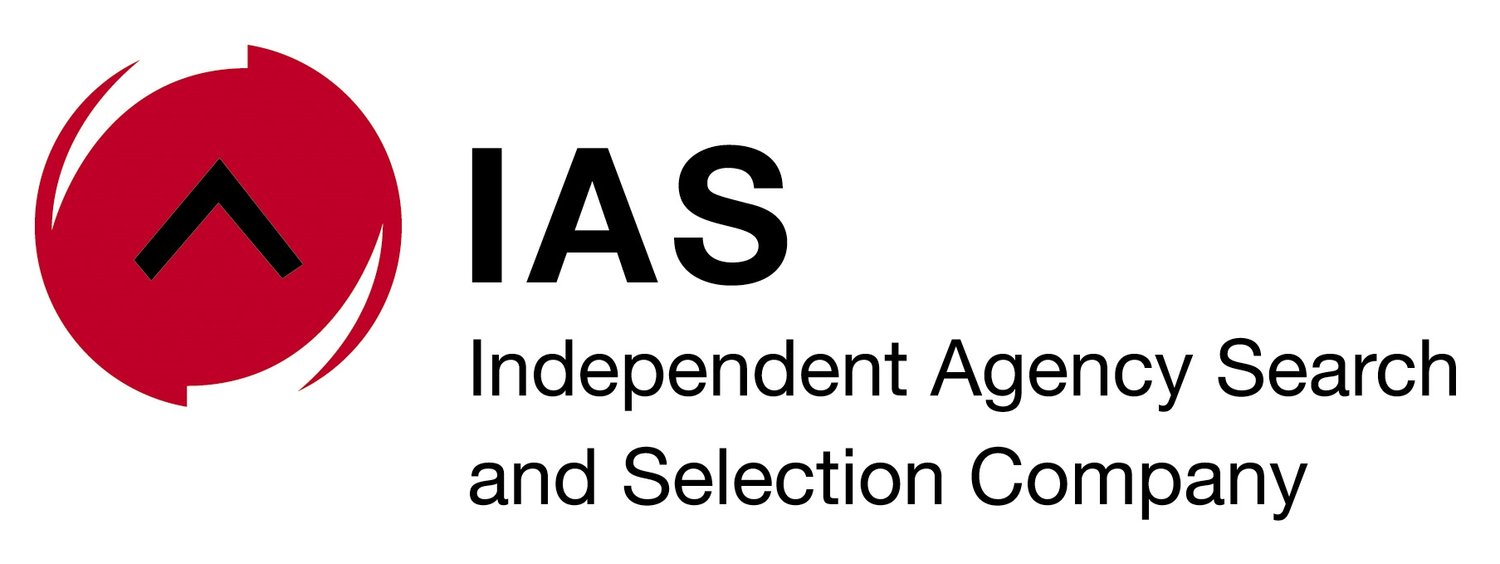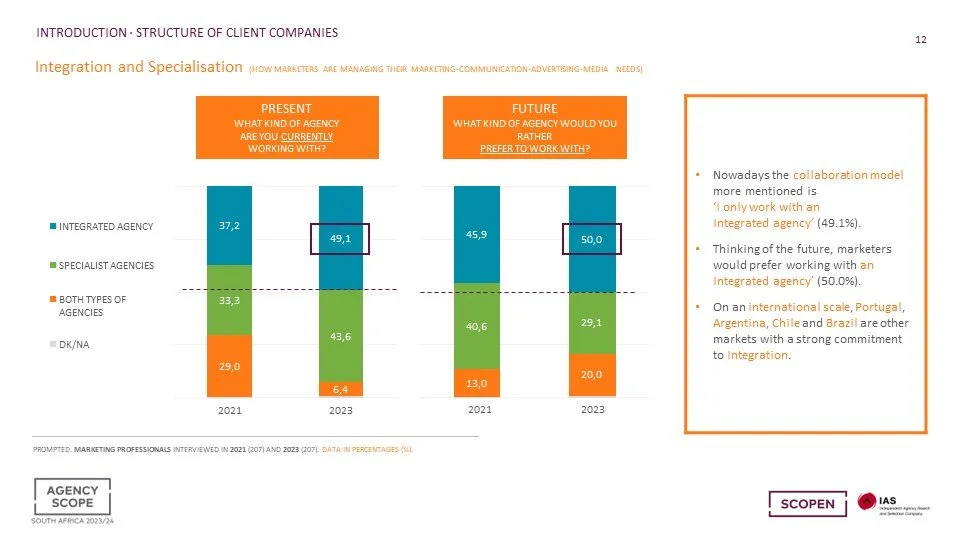10 Tips for Building a Strong Partnership With Your Agency
There is a prevalent notion that small clients in an agency equate to lesser importance. Johanna McDowell, CEO of the Independent Agency Search & Selection Company (IAS) and SCOPEN, asserts that this is a myth. “An agency’s success hinges on the success of a client’s brand, regardless of its size or expenditure. All marketers possess the same opportunity to cultivate a mutually beneficial relationship with their agency that results in business success for both the client and the agency.”
Tip 1: Leverage Your Unique Value Big agencies don’t just chase big clients—they seek brands that bring something fresh and exciting. Smaller businesses offer agencies the freedom to push creative boundaries and innovate. Plus, direct access to decision-makers, like the MD, speeds up approvals, streamlines execution, and fuels bold, standout campaigns. Use your unique edge to become a high-priority client.
Tip 2: Be Available Agencies cannot operate effectively in a vacuum. Campaigns flourish when clients are engaged. Make time to attend brainstorming sessions and provide input when required. Visit your agency’s office regularly and be part of the creative journey. In addition, the communication industry can be fast-paced, and when last-minute changes are required, your availability can make or break a project.
Tip 3: Nail the Brief A great campaign starts with a great brief. Always provide a clear, written brief and, when possible, present it in person. Make it an experience—invite your agency to your office or an inspiring location that embodies your brand. The more context and detail you provide, the more impactful the campaign. If your agency needs more info, respond promptly and comprehensively to avoid delays.
Tip 4: Provide a Budget Framework A cynical belief is that agencies view the proposed budget as a target, but realistically, agencies need clear financial parameters to develop impactful campaigns. When you share an achievable budget framework, your agency can respond with solutions tailored to your needs. If budgets are tight, communicate openly. In an economically constrained environment, transparency builds trust and helps agencies maximise limited resources creatively.
Tip 5: Regular Inductions and Updates Even seasoned agency teams benefit from regular immersion in your business. Host annual induction sessions to showcase new developments and ensure your agency team, especially new members, remains aligned with your goals. These updates can provide valuable insights and inspire more targeted and innovative campaigns.
Tip 6: Maintain Courtesy and Boundaries Respect and professionalism are the backbone of a strong agency-client relationship, especially in a culturally diverse and hierarchical industry. Set clear communication standards across platforms like Teams or WhatsApp, and don’t tolerate abusive behaviour from either side. If your agency falls short, address it head-on—have a direct, constructive conversation with the agency MD and agree on clear timelines for improvement.
Tip 7: Pay Fairly and On Time The financial landscape is challenging, and budgets have barely increased in three years. Everyone is doing more with less. Recognise the value of your agency’s efforts and thank them for going the extra mile by paying on time—unfairly long payment terms can damage their business. A reliable payment process signals appreciation and supports long-term partnerships.
Tip 8: Provide Good and Timely Feedback When agencies present ideas or campaign drafts, consolidate feedback from stakeholders within your company before responding. Delayed approvals can stall production timelines and lead to unnecessary costs. Aim to provide clear and timely feedback to keep projects moving smoothly.
Tip 9: Share Campaign Results Keep your agency in the loop on campaign performance—good or bad. Sharing results builds trust and accountability. Don’t overreact to slow starts; some campaigns need time to gain traction. Set clear targets with your agency, track progress together, and keep the feedback flowing. Transparency fuels stronger relationships and sharper campaigns.
Tip 10: Align on Awards If awards are part of your business strategy, communicate this to your agency. Agencies may prioritise creative accolades like the Loeries, while your business might value industry-specific awards for operational excellence. Discuss your preferences to ensure alignment. Celebrating wins together can boost your agency and enhance your brand’s reputation.
Conclusion Strong client-agency partnerships thrive on respect, clear communication, and shared goals. Implement these tips, and you’ll craft powerful campaigns while building a relationship that drives real value. In our fast-paced, competitive industry, strong partnerships aren’t just beneficial—they’re essential for success.
You can also read this online here











